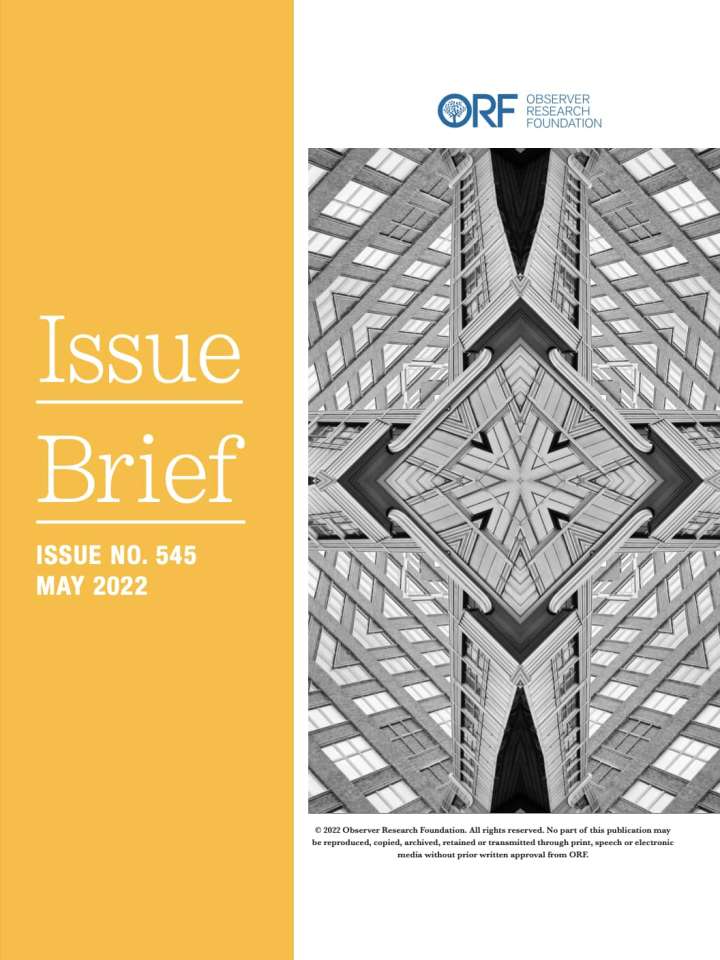The pandemic at 24 months: An assessment
Two years since the start of the COVID-19 pandemic, an estimated 14-24 million people have died worldwide due to the coronavirus or the chaos of lockdowns and other impacts. To a great extent, much of this current state of the world is due to human health being profoundly misunderstood and neglected in international relations and national politics. This brief discusses two principles that can help understand why this pandemic is not at an end despite the boon of vaccines, and why humankind is unprepared for the next pandemic.
The paper finds that two principles can help explain why this pandemic is not at an end despite the boon in vaccines, and why humankind is unprepared for the next pandemic:
- Infectious disease emergence and spread, and health issues—whether at the individual, national, regional, or global levels—are generally never simply biological events requiring just a biomedical solution;
- Pandemic (or outbreak and epidemic) preparedness cannot be adequately achieved in isolation from improving the health of populations, particularly the most deprived.
Explore further
